I Want to Look Like I've Lived
No one wants to talk about our obsession with anti-aging. Obviously, this means we really fucking need to.
I find it really, really unsettling how normal it has become to look like you haven’t lived.
Like any pre-teen with unfettered access to her school’s library when she was younger, I devoured my way through pretty much every genre on the shelves, inevitably including dystopian YA fiction. Of this, I vividly recall reading Uglies by Scott Westerfeld. Upon finishing it, I couldn't imagine anything worse than a society where every imperfection had been lasered off, where faces wear perpetual filters. Now, this fantasy hovers on the brink of realisation.
With the recent release of Coralie Fargeat’s The Substance, the dystopian profile of conversations around anti-aging, especially as they apply to women, has entered the pop culture zeitgeist once more. The sci-fi/horror film follows a woman’s self-destructive fixation on maintaining her physical youth and, by extension, her worth and relevance in society, by any means necessary à la Dorian Gray.
In an article titled the Substance lacks any, Slate’s Dana Stevens argues that the film’s attempt to critique the ‘emotional and corporeal violence of societally reinforced female body dysphoria’ falls flat because ‘the object of horror is simply a woman who has reached the shriek-inducing age of 50’. More interesting still are the uncomfortable parallels between Demi Moore’s age-defying appearance and the plot itself. Moore, who plays the protagonist, is 62. In the court of public opinion, she looks at most 40, with magazines calling her look ageless and pristine.
‘[The protagonist] doesn’t hesitate, even momentarily, before using the kit, which comes packaged with a number of scary warnings. Certainly, our culture’s sexism and obsession with beauty makes women desperate for solutions. But … this desperate? The process of aging naturally is disgusting, this movie seems to be saying, and of course the audience agrees.’ - Emily Gould, Real Aging Is Scarier Than Whatever’s Going On in The Substance, The Cut
Clearly, the conversation is relevant. Yet, I have rarely heard it discussed openly— offline or online.
Instead, we hear endless praise for the new and improved appearances and “graceful aging” of women like Madonna, Christina Aguilera, Jennifer Lawrence, Lindsey Lohan, and Khloe Kardashian.
To whom, then, can we conveniently point the blame for perpetuating these standards? The men who control entertainment industries? Hollywood stars? Magazines? Social media? God forbid we look in the mirror and face our own culpability.
The reality is that in 2022, over 7.4 million people in the US received Botox. Of this, 85% were women. In 2023, this number had grown to nearly 9.5 million.
Need we all go back and reread Oscar Wilde’s The Portrait of Dorian Gray? Did we somehow see something to be envied from Dorian’s self-destruction at the altar of his youth?
“If it were only the other way! If it were I who was to be always young, and the picture that was to grow old! For that—for that—I would give everything!” - The Portrait of Dorian Gray, Oscar Wilde
In response to the lack of discussion I’ve heard, I did as I do with most things: I broached it with my older sister. Interestingly, without ever having previously discussed the topic, it turns out that we both sit firmly in the “no plans to ever have anti-aging cosmetic surgery” camp. More than a place of judgment, our surety of abstinence from this increasingly common practice seems to stem from sheer disinterest.
I suppose one looks to the leading ladies of one’s life to ascertain why this is so unequivocally the case for both of us. While it’s true that neither my mother, my grannies, nor any other key female figures in my life have ever had any work done, I think the roots reach deeper.
Growing up, my mother hammered into me that natural is normal. Though she rarely wore makeup, she somehow always looked put together. In doing so, she taught my sister and I how normal it is not to embellish your biological appearance on an everyday basis. Obviously, this acceptance was not linear, nor did we grow up in a vacuum. Nonetheless, when something is habitualised and you see it practiced by someone you love and respect and admire, like your mother, it naturally becomes beautiful and aspirational in your eyes, too.
Now, I work at one of the biggest beauty conglomerates in the world, and I go into the office 4 days out of 5 without any makeup on at all. Not because I dislike it. In fact, I really like makeup; it’s an amazing and fun tool of self-expression and creativity. However, I think it becomes weird, frankly, when you begin to see your makeup face as your normal one, or as a pre-requisite to looking, feeling, and being ‘put together’.
To me, Botox is makeup on X-Games Mode. A (n often) subtle way to alter your face to look that bit younger and more conventionally attractive.
Did you know that the global market size for Botox is expected to reach $9.14 billion by 2028? According to dermatologists, the unprecedented growth indicates ‘confidence in the treatment’. To me, the statistic speaks instead to the normalisation and popularity of anti-aging culture. In fact, should we just call it what it is— the overwhelming cultural imperative to look conventionally hot forever?
Working in marketing has taught me to examine everything I consume through the lens of storytelling and subtle persuasion. What might a cosmetic surgeon be trying to persuade you of when it comes to Botox? For one, the labelling of a surgical procedure as a “treatment” raises questions about what it is that we are trying to “treat” or “cure”. The curse of the natural process of maturation? Insecurities? The things that make your face your own?
Botox promises to “treat” your cultural and biological identifiers.
A quick google told me that I should get Botox to ‘prevent wrinkles, improve appearance, and boost confidence’. Don’t worry, the website told me. With a multitude of options like baby Botox and preventative Botox, at 25, I am not too young to start. In fact, I might even be late to the very popular game.
A few months ago, there was an influencer marketing workshop at work where a young content creator with a huge TikTok following was discussing some of the best practices she’s experienced working with Beauty and Fragrance brands. One time, she told us, she had been offered a partnership to sell an anti-aging cream. “I’m 21!” She all but yelled across the Zoom.
Little does she know, there was a 75% rise in the number of Americans aged 19 and under who got injections of Botox or similar products between 2019-2022. Similarly, there was a 479% increase in body cosmetic surgical procedures between 2022 and 2023 for the same age group, driven by surges in butt implants, lower body lifts, and upper arm lifts.
I honestly can’t wrap my head around it. One of the most jarring comments I’ve heard from women around me is that their “smile lines” are beginning to show and need to be smoothed out. Come again?? You want to erase signs of your smile? Proof of your laughter?
How lucky you should count yourself for having chuckled and guffawed and smirked and grinned enough for it to permanently beam out of your face.
I’ve always been told that I look exactly like my mother. That I am the spitting image of her when she was my age. This has been true from when I was 9 to now, when I am 25. As such, there isn’t too great of a mystery surrounding what I will look like when I’m older. I have been lucky enough to chart that journey since birth by gazing at my mother.
However, my mother aside, I don’t honestly know what 30-year-old skin looks like anymore. Or 40-year old, for that matter. Is that not unsettling— to no longer have the ability to recognise or identify a normal aging process? Until lately, I thought I might be alone in it.
Then, last week, I listened to a podcast by Shameless Media (one of my long-time favourites) which discussed a recent article by The Cut controversially titled What Should a 30-Something Look Like? This year we lost the plot on just how well Millenials are aging.
The article roots its discussion in the fact that 30 year-olds in the ‘80s and ‘90s looked markedly older than they do now. While quick to point out the contributions of lifestyle changes like a reduction in smoking and increase in education around sun exposure, the article discusses the “graceful aging” phenomenon we are currently experiencing, where online trends like #guessmyage on TikTok reveal that no one seems to know what 30-somethings are “meant” to look like, which is largely a by-product of the widespread availability and use of anti-aging “solutions”.
For a quick pulse check on how controversial this topic has become, head to the comment section under The Cut’s Instagram post.
The definitive tone online, reflected in these comments, is that collectively we don’t want to talk about it. Obviously, this is symptomatic of the fact that we really fucking need to.
While women compose the large majority of those going under the knife, the obsession with anti-aging is genderless. Or have we forgotten about men’s, ok, male tech billionaire’s, obsession with “biohacking”? Mascotted by Bryan Johnson, biohacking is well-marketed wellness on steroids, driven by an anti-aging agenda, and the leading force propelling what they are calling the over $26 billion “longevity” market.
Call me crazy, but I want to look like I’ve lived.
Charter the freckles on my nose and know the hours I’ve lain in the sun reading. Spot the small, crater-like mark on my forehead and gather that I had chickenpox when I was 3. Count the litter of scars across my knees and sense the clumsiness and adventure that characterised my childhood. Note the lines, crinkles, wrinkles, spots on my imperfect skin and know me and my story.
There is little more attractive or elegant than seeing someone truly comfortable in their own skin. Someone who allows their skin to impart the stories of their life. No number of needles, pills, nor money can hold a candle to that.
Wrapped up in my mother’s teachings was the lesson that there are a multitude of ways to be put together that don’t involve altering your face. You can be put together in the way you spend your time, craft your outfit, and interact with the world around you. It is on these things that I want to place emphasis as I age.
Equally, there are a thousand and one ways to feel youthful without surgically altering your appearance:
Go dancing
Sing. Loudly and off-key if you must
Skinny dipping (I have a feeling this is the exact kind of thing that only feels more youthful and exhilarating to indulge in as you age)
Sit down and do a puzzle
Roast marshmallows over a fire
Belly laugh
Stay up too late every once in a while
Smile at a stranger
Book a flight or make a plan to go somewhere new
Order dessert and don’t share it
Float starfish-style in the ocean
When you think of yourself at 30, at 50, at 70, what do you imagine? What kind of woman do you want her to be? Personally, I want to be well-read, generous, intellectual, witty, tasteful, and knowledgeable, to name a handful of descriptors that immediately come to mind. I don’t presume to impose my standards on you, but I beg you to consider how unimportant your physicality is in the larger context of life. To have aged is to have lived. It’s ok to show it.
To me, “ageing well” is mimicking the maturation of some of the best things in life. I aspire to culture like wine, cheese, art, jeans, pans, pickles, leather. All are, unsurprisingly, better with time.
Get your kids out of Sephora, it’s a gateway drug.





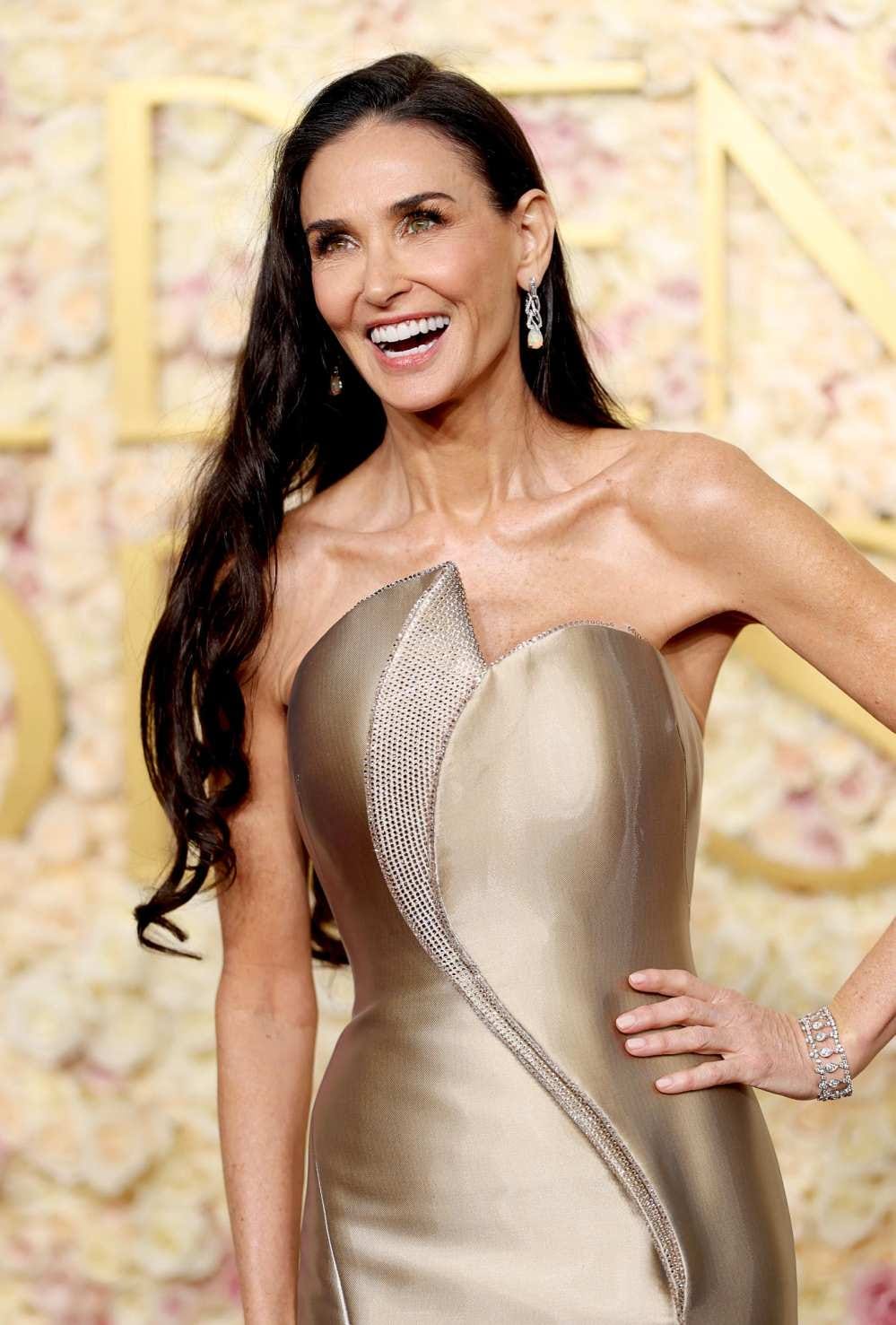

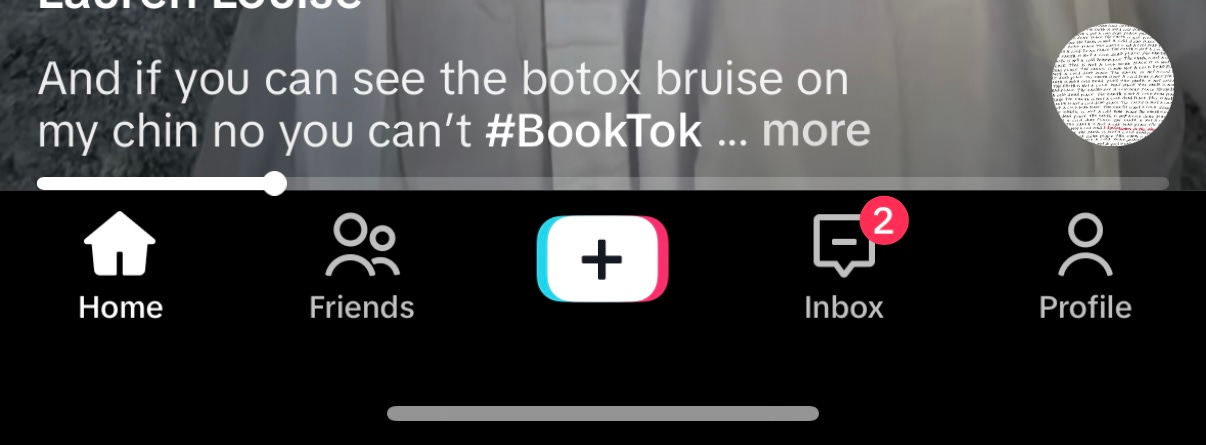
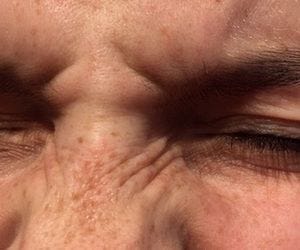
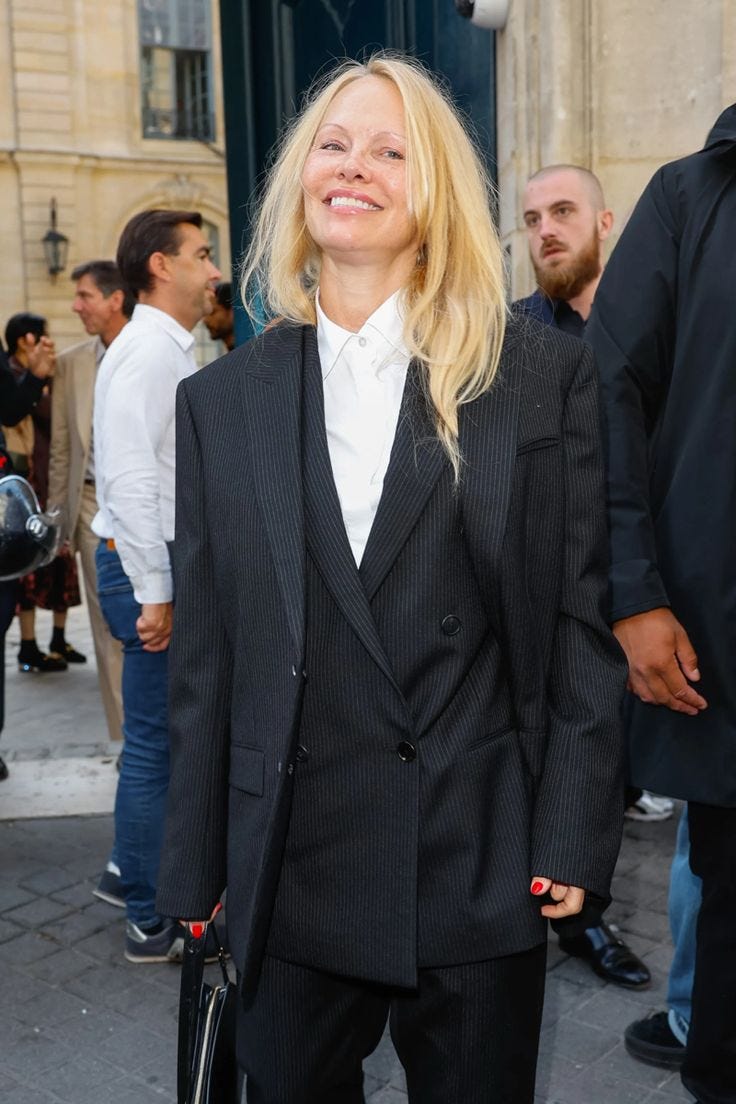
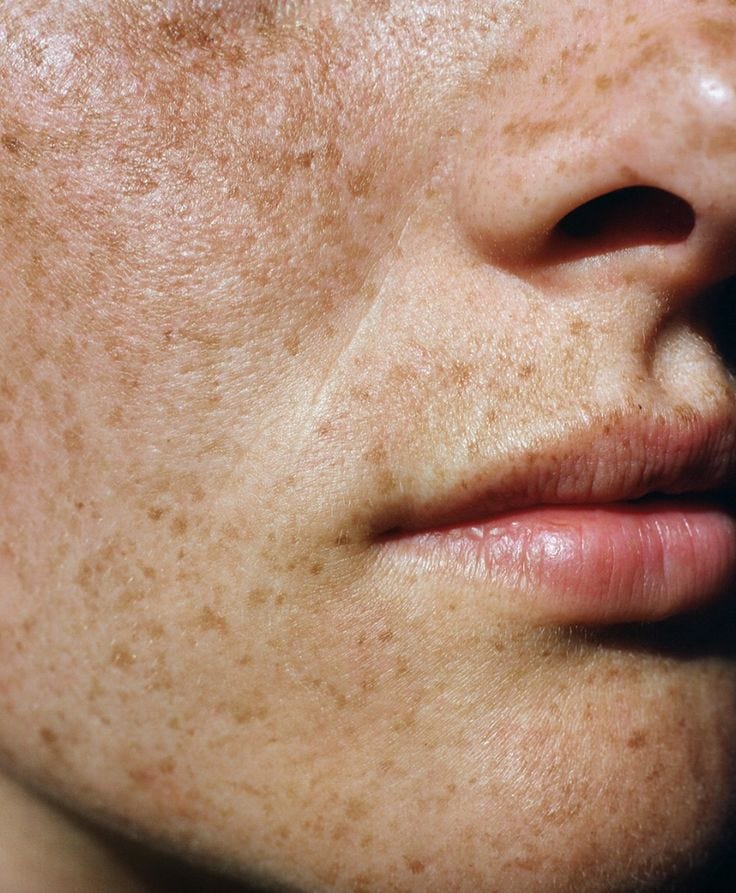


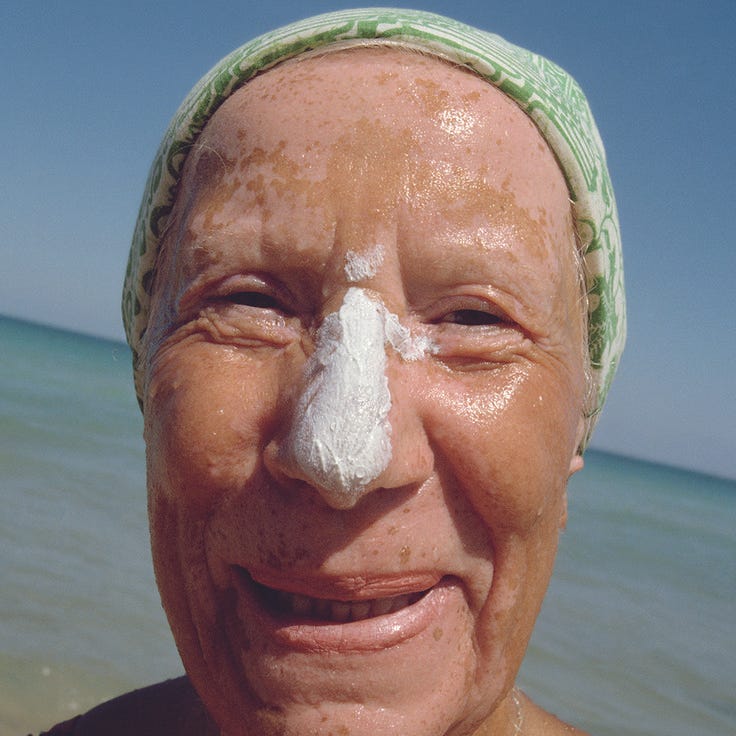
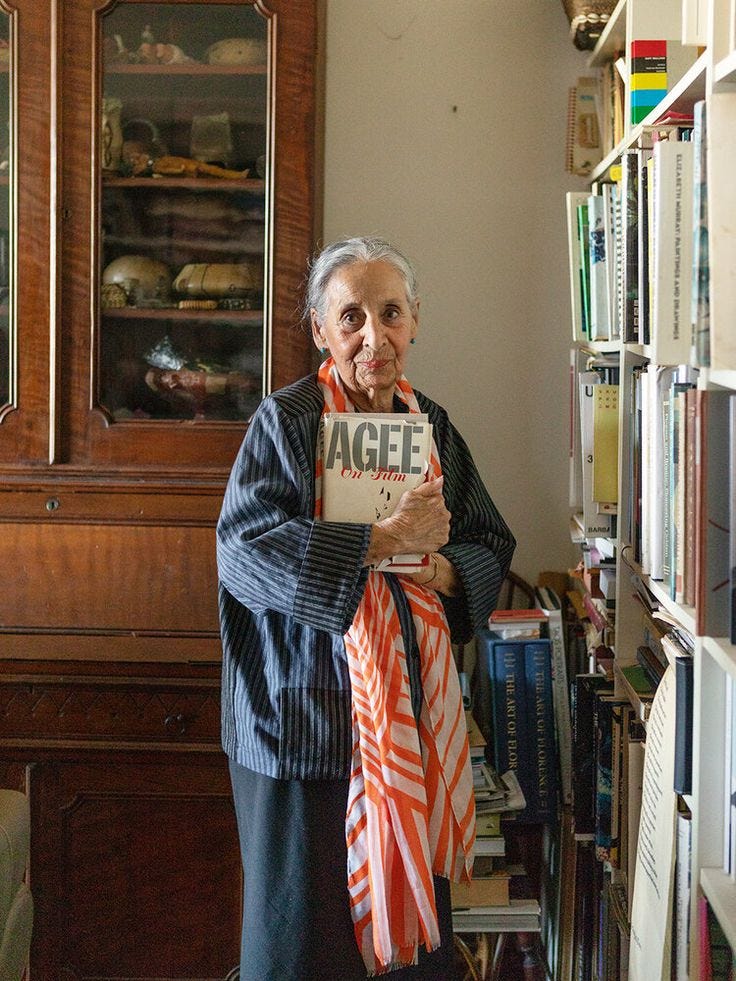


HUGE emphasis on everything in this whole piece. Age is a blessing and we should only hope to be able to live a life long, happy, and healthy enough to show wrinkles, sun spots, scars, etc.
THIS IS OUTSTANDING